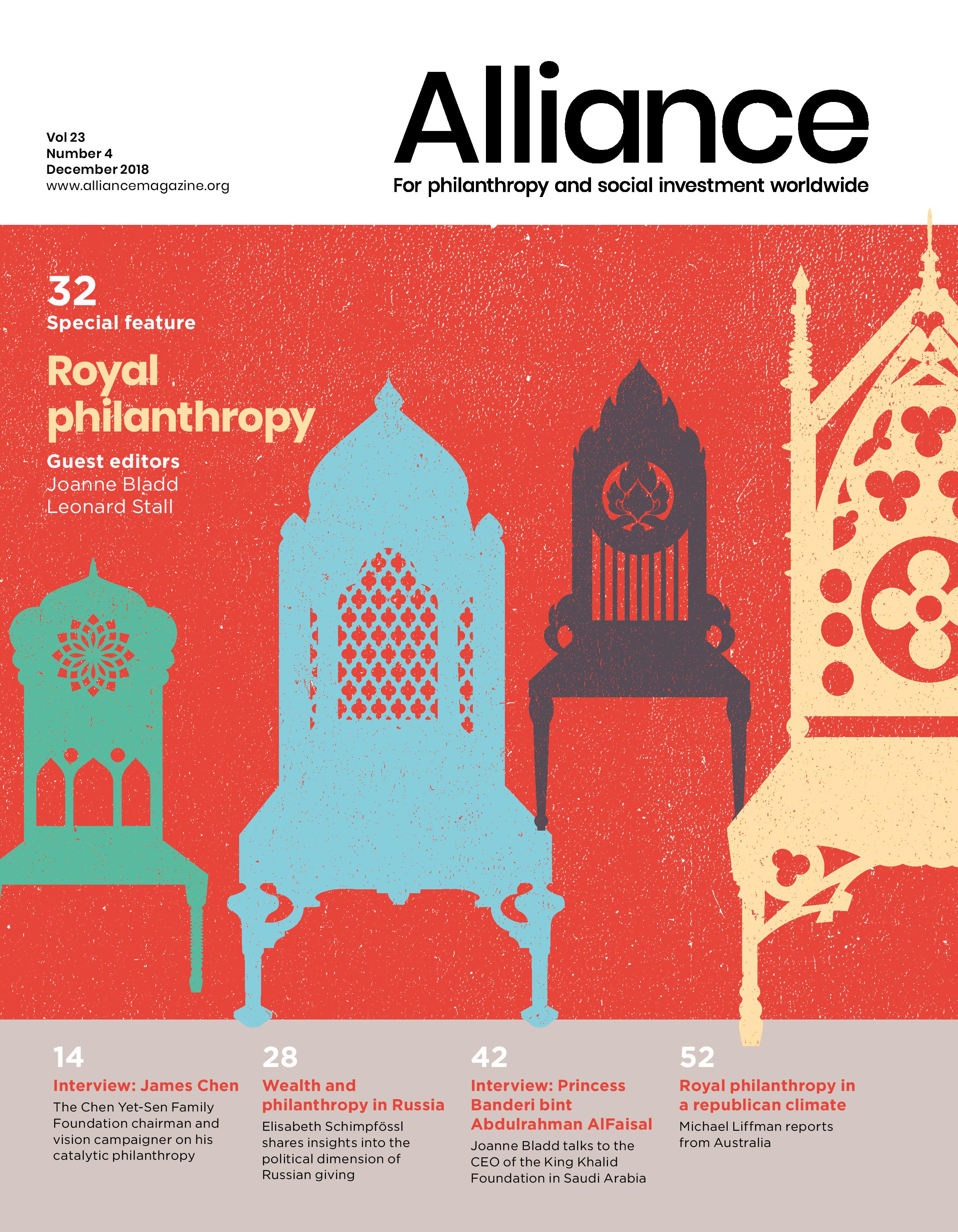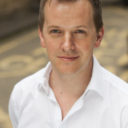Muslim philanthropy, like all philanthropy occurring through foundations, trusts and donor networks, shares the critical concerns of philanthropic action worldwide. Yet as global philanthropy gains visibility, Muslim philanthropy faces unique challenges, while often facing levels of prejudice and suspicion limiting severely what it may achieve. The articles in Alliance (September 2018) are unsparing in articulating those challenges. Tariq Cheema argues for Muslim philanthropists’ prioritisation of geopolitical and religious tensions and conflicts’ resolution through diplomacy and dialogue. Yunus Sola stresses that it is the Islamic community requiring the determination to ask urgent questions of its lack of knowledge of its own giving; and of that giving’s social impact.
How may such challenges be addressed? Routes may include maximising the faith credentials of donors, while publicising where, how and why successful inter-faith philanthropic initiatives flourish; documenting and sharing developments where individualised efforts are replaced by collaborative initiatives; or devising new ways of responding to refugee crises, that move beyond the immediacy (and apparent intimacy) of ‘welfare’ responses.
Of course, we would say ‘open up and massively extend – and fund – research opportunities’, responding to Sola’s heartfelt ‘where is the research data?’. But research without buy-in for findings can only go so far. Committing to high quality philanthropic infrastructure may be only slightly more exciting than ‘more research’. Nevertheless, it is also central to extending, sharing and capitalising on the philanthropic knowledge and knowhow, historical and contemporary, which Muslim philanthropy holds. The wider question is whether Muslim philanthropy will have to do this alone, or can or should gain – or be offered – support, knowledge and knowhow from other groups, sources and networks? It would be paradoxical if, given global philanthropy’s continuing emphasis on collaboration, Muslim philanthropy’s routes to enhanced development are to be travelled unaccompanied.
Prof Jenny Harrow and Prof Paul Palmer
Cass Business School,
City University London





Comments (0)